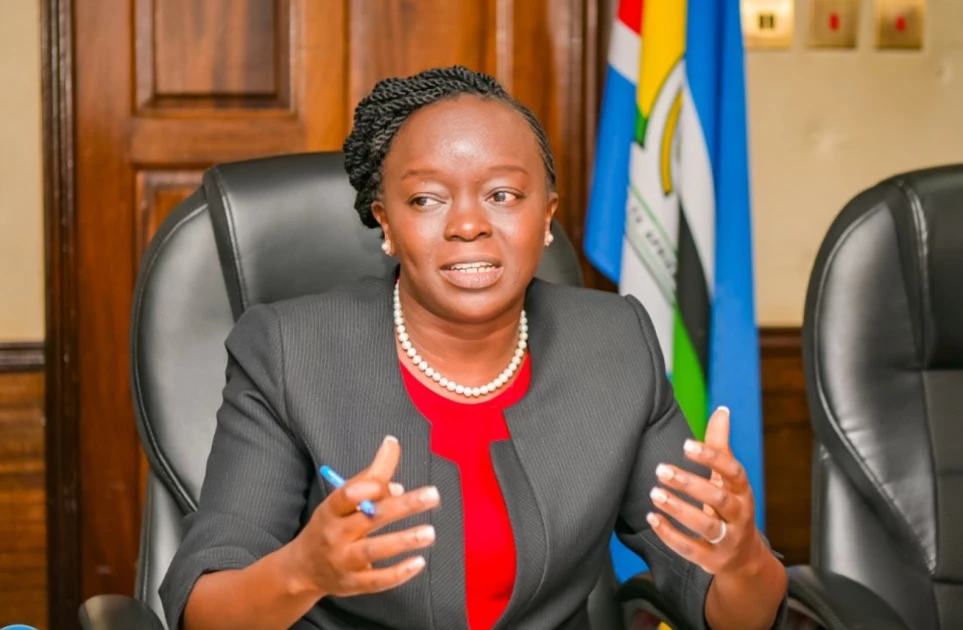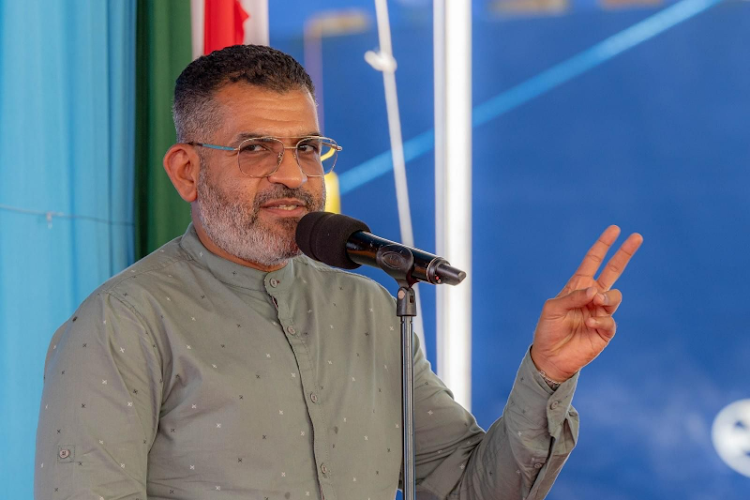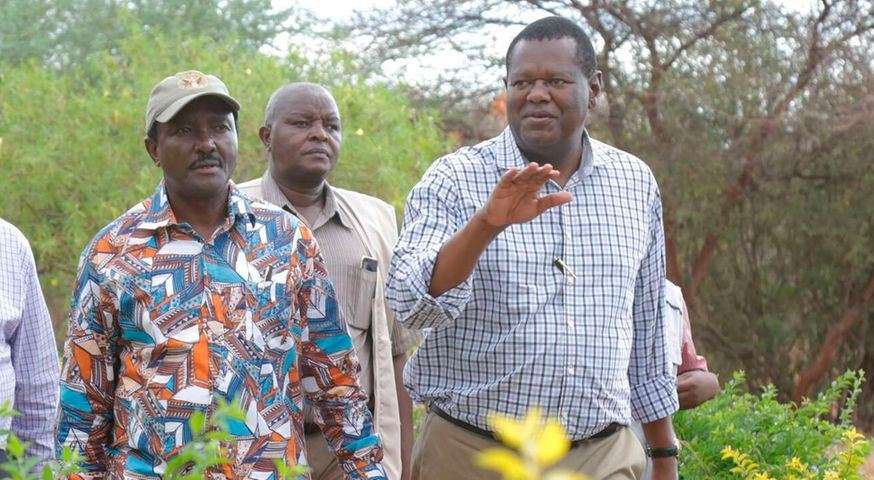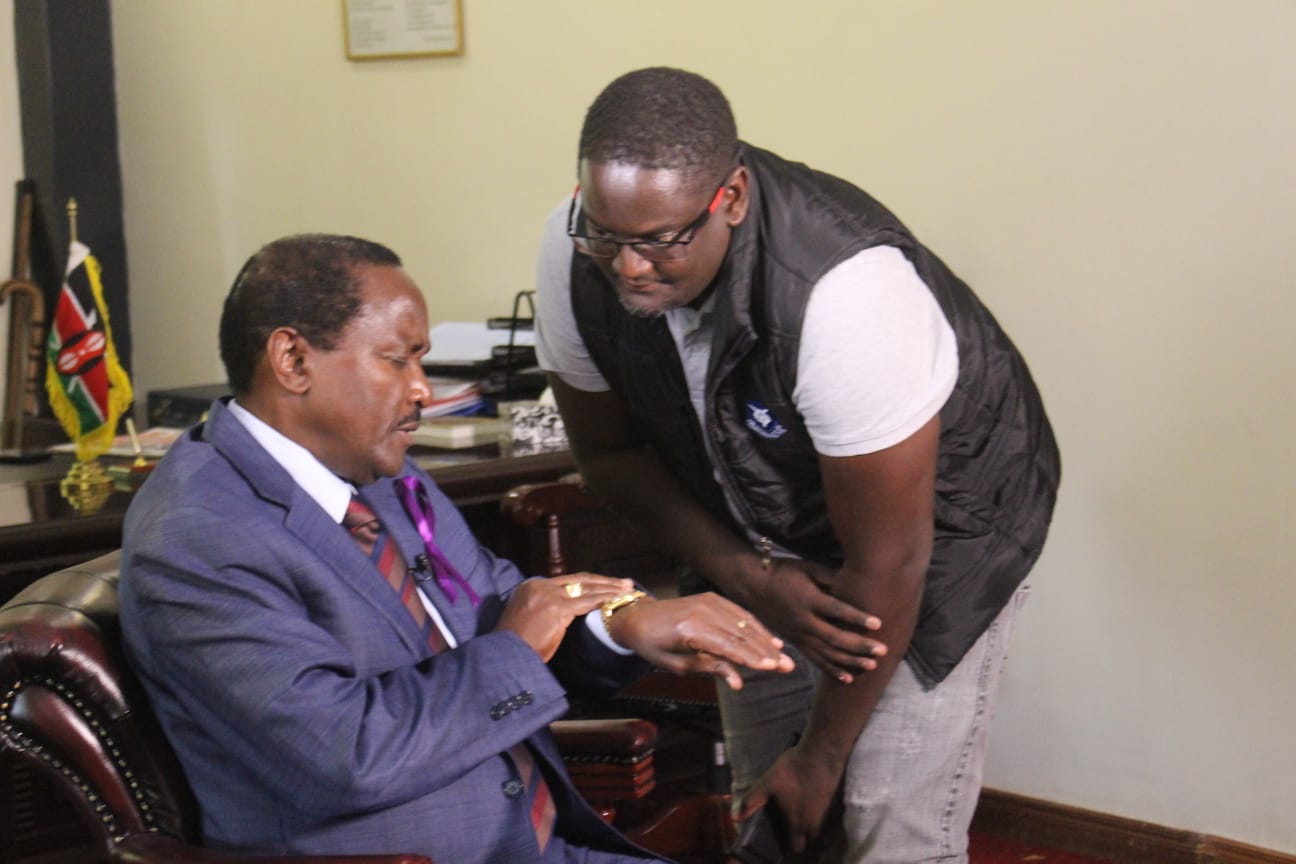The government’s Social Health Authority (SHA) is garnering increasing support from unexpected quarters, even amid a challenging initial rollout following its October 1 launch. The SHA replaced the National Health Insurance Fund (NHIF), which the Kenya Kwanza administration labelled as a hub for corruption.
A few days ago, the Kenya Medical Practitioners, Pharmacists, and Dentists Union (KMPDU), which initially criticized the scheme, declared its support. Union Secretary General Dr. Davji Atellah acknowledged the SHA as Kenya’s only available national medical insurance, calling on Kenyans to register. “We may love it or hate it, but that’s what we have,” he said during a press conference that also suspended a nationwide doctors’ strike.
Religious leaders have also voiced their backing. Bishop Samuel Njiriri, chair of the Federation of Evangelical and Indigenous Christian Churches of Kenya (FEICCK), urged church members to embrace the SHA, dismissing politicized narratives. “The NHIF had proven to be a very corrupt institution. SHA represents a comprehensive reform process we must support,” he stated during a Sunday service.
Bishop Njiriri emphasized FEICCK’s collective support for SHA, citing discussions with President William Ruto about the scheme’s reform goals. “We must address any teething problems while supporting this initiative for the benefit of all Kenyans,” he added.
The KMPDU leadership echoed similar sentiments, shifting from their earlier scepticism. Dr. Atellah highlighted his personal experience of paying significantly reduced medical costs under SHA, urging Kenyans to work collaboratively to address its flaws.
Despite these endorsements, concerns remain about SHA’s co-payment system, which requires contributors to pay 2.75% of their income. This move has drawn criticism, particularly from informal sector workers and high earners. Dr. Denis Miskellah, KMPDU Deputy Secretary General, called for honest conversations about the scheme, stating, “There is no free healthcare; someone must pay for it.”
SHA’s rollout has not been without hurdles. Initially, Dr. Atellah criticized the transition from NHIF, arguing that its comprehensive medical packages were superior. However, the doctors’ union has since shifted focus, urging collective efforts to refine the new system.
The announcement also saw the suspension of a national doctors’ strike after Deputy President Kithure Kindiki brokered a last-minute deal addressing salary arrears and other grievances. The agreement marked a step forward in resolving long-standing disputes between medical professionals and the government.
As Kenya navigates this significant healthcare transition, support from medical and religious leaders underscores the potential of SHA to become a cornerstone of universal health coverage—provided its challenges are addressed collaboratively and transparently.





